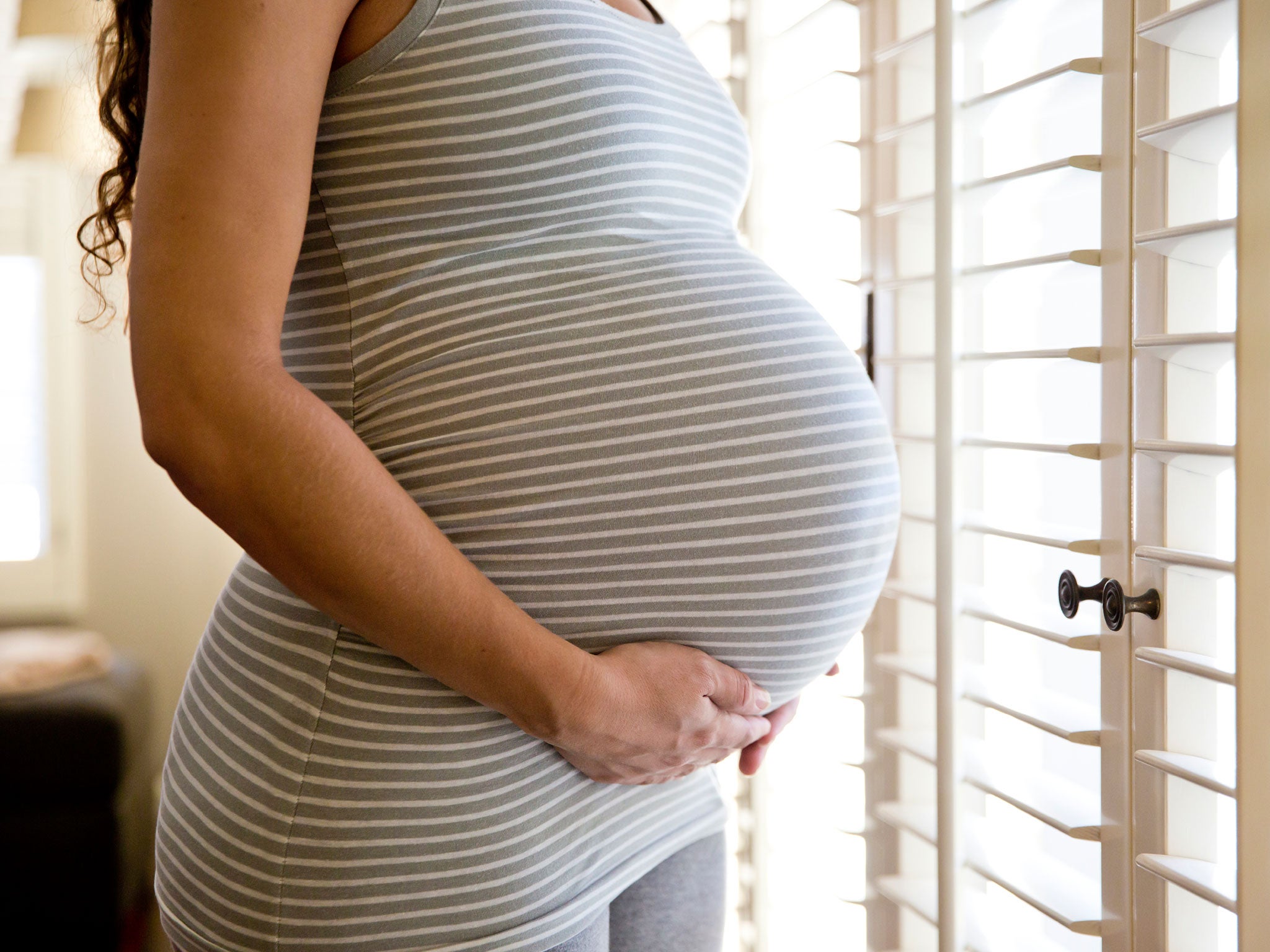Women who have children later in life age better, study finds
Those who used hormonal contraceptives for more than 10 years, began their menstrual cycle before the age of 13 or had their last baby after turning 35 were mentally sharper post-menopause

Your support helps us to tell the story
From reproductive rights to climate change to Big Tech, The Independent is on the ground when the story is developing. Whether it's investigating the financials of Elon Musk's pro-Trump PAC or producing our latest documentary, 'The A Word', which shines a light on the American women fighting for reproductive rights, we know how important it is to parse out the facts from the messaging.
At such a critical moment in US history, we need reporters on the ground. Your donation allows us to keep sending journalists to speak to both sides of the story.
The Independent is trusted by Americans across the entire political spectrum. And unlike many other quality news outlets, we choose not to lock Americans out of our reporting and analysis with paywalls. We believe quality journalism should be available to everyone, paid for by those who can afford it.
Your support makes all the difference.Women who have babies later in life are more likely to have superior cognitive skills in their old age, a new study has claimed.
Researchers found postmenopausal women were likely to be mentally sharper if they had used hormonal contraceptives for more than 10 years, began their menstrual cycle before the age of 13 or had their last baby after turning 35.
Postmenopausal women who had their last pregnancy after 35 also had better verbal memory and those who had their first pregnancy after the age of 24 had better executive function, which includes attention control, working memory, reasoning and problem solving.
The study, published in the Journal of the American Geriatrics Society, is the first of its kind to investigate the correlation between age at last pregnancy and cognitive function post-menopause.
"Based on the findings, we would certainly not recommend that women wait until they're 35 to close their family, but the study provides strong evidence that there is a positive association between later age at last pregnancy and late-life cognition,” said lead author Roksana Karim, assistant professor of clinical preventive medicine at the Keck School of Medicine at the University of Southern California.
830 women with an average age of 60 were given a series of tests including assessments of verbal memory, psychomotor speed, attention and concentration, planning and visual perception as part of the research.
The study lends weight to the idea that a longer exposure to oestrogen and progesterone in life could counter postmenopausal memory decline.
"Starting your period early means you have higher levels of the female sex hormone being produced by the ovaries," Ms Karim said.
"Girls are receiving the optimal levels early, so it's possible that their brain structures are better developed compared to those who are exposed to estrogen levels associated with menstrual cycles at a later age."
Researchers also found use of the contraceptive pill produced better cognitive function in later life.
"Oral contraceptives maintain and sustain a stable level of sex hormones in our bloodstream, stable is good,” Ms Karim said.
The findings also found women who didn’t carry their pregnancy to full-term had better overall cognitive ability.
"The finding that even incomplete pregnancies are beneficial was novel and surprising," said Wendy Mack, the study's senior author and professor of preventive medicine at the Keck School of Medicine.
"In general, our findings are intriguing and are supported by other clinical studies and animal studies."
Ms Mack also criticised previous studies that found evidence of “pregnancy brain”, where pregnant women have poorer verbal memory.
"The issue is the human studies haven't followed women for the long term," she said.
"They just looked at women during pregnancy. We are not sure if we can expect to detect a positive estrogen effect at that point, as the many bodily changes and psychosocial stressors during pregnancy also can impact women's cognitive and emotional functions."
Join our commenting forum
Join thought-provoking conversations, follow other Independent readers and see their replies
Comments